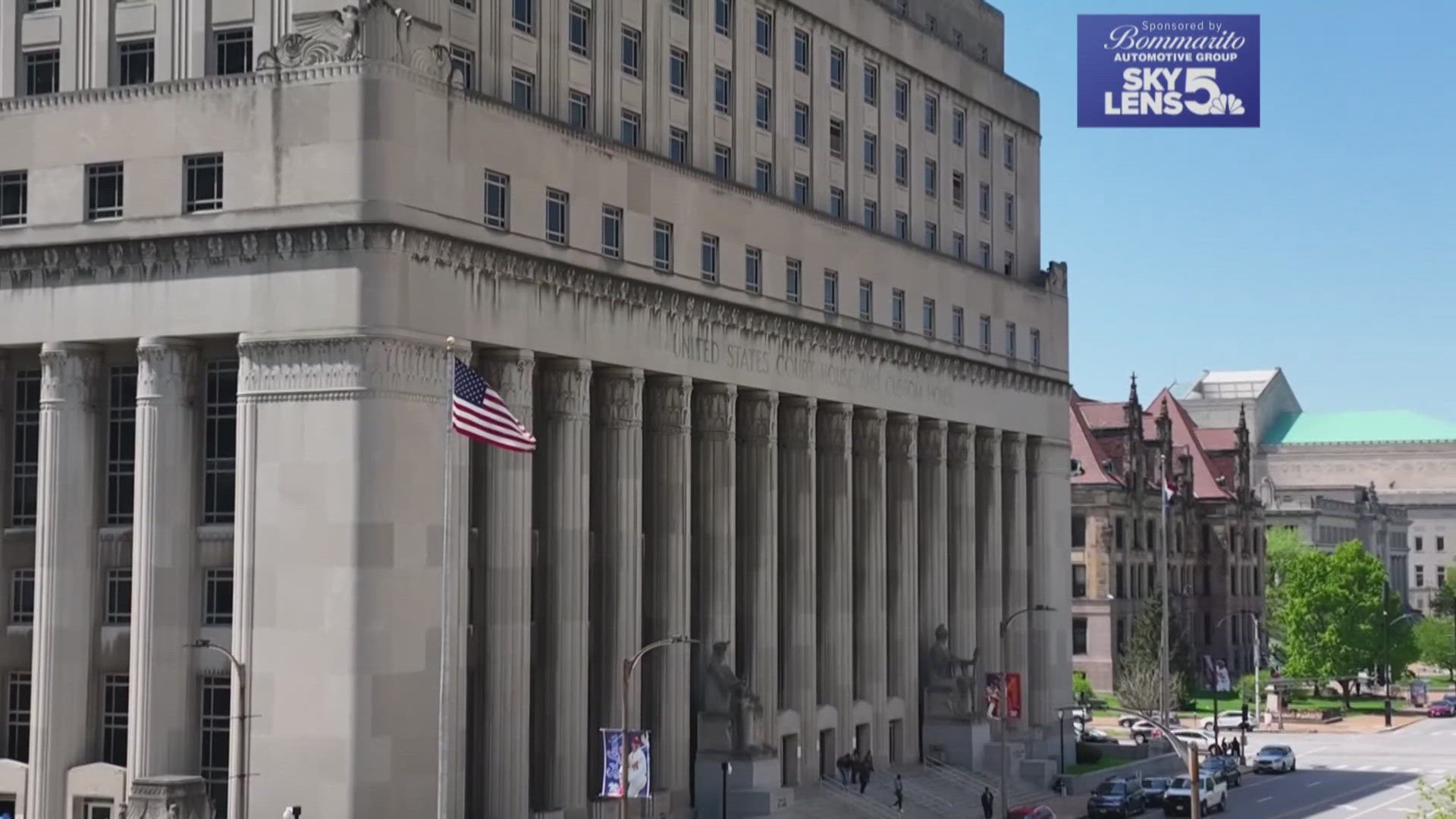ST. LOUIS — A judge on Friday ordered the City of St. Louis to halt its guaranteed basic income program until a lawsuit over the program is resolved.
Judge Joseph Whyte granted a motion for a temporary restraining order on the program that provides 440 families about $500 per month from a pool of $5 million from the American Rescue Plan Act.
The temporary restraining order was granted after a motion by lawyers for the Holy Joe Society, a nonprofit organization that says it works to "challenge improper activities of Missouri local government."
"The City of St. Louis will follow the judge's order," Mayor Tishaura O. Jones said in a statement Friday. "We are exploring our legal options, and my administration continues to find every avenue possible to support the families of St. Louis City."
The ongoing lawsuit hinges on a Missouri Constitution provision that says, "No county, city or other political corporation or subdivision of the state shall be authorized to lend its credit or grant public money or property to any private individual, association or corporation."
In court last week, Holy Joe Society lawyer Kimberley Mathis asked the judge to provide a temporary restraining order to stop payments while their lawsuit over the program played out, saying there's no way to get the money back. Mathis said according to the St. Louis City Charter, using public money for private ends is illegal.
The city's lawyers pushed back saying guaranteed income is constitutional if the expenditure of public money to private entities or people serves a public purpose saying the goal of these payments is to help stimulate and stabilize the economy in St. Louis.
On Friday, Judge Whyte ordered the city to stop any deposits to financial institutions or payouts to families under the GBI program. He also ordered the city to "reclaim any amounts not already expended, to be returned to the City of St. Louis."
The GBI program uses $5 million in federal American Rescue Plan Act funds to support about 440 St. Louis families living in poverty with monthly payments of $500. The mayor signed the bill into law on Dec. 28, 2022, after the Board of Aldermen passed it by a vote of 21-1.

